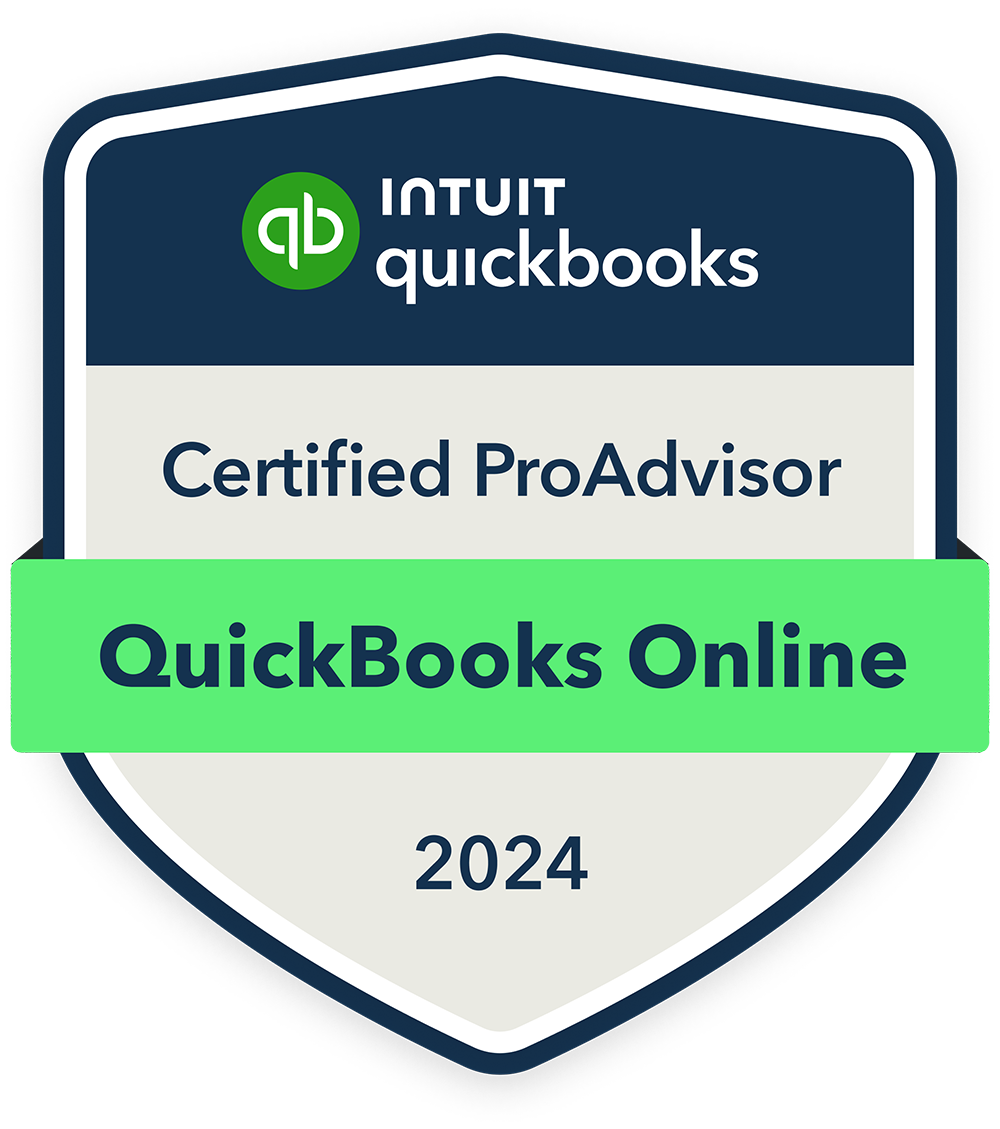Blog
Blog Posts
Payroll is one of the most critical, and often overlooked, aspects of running a business. It's also one of the most complex and time-consuming tasks that a business has to deal with.
There are two main options when it comes to managing payroll - in-house or outsourcing. Each option has its own pros and cons that need to be considered.
What is payroll?
Payroll is the process of paying employees for their work. This includes calculating wages, deductions, and taxes, and then issuing payments.
Payroll is a crucial part of running a business, but it can also be one of the most complex and time-consuming tasks. This is because payroll involves a lot of different calculations and there are many laws and regulations that need to be followed. Therefore, you really need a payroll team who knows what they're doing.
What is In-House Payroll?
In-house payroll means that the business manages payroll internally by hiring a dedicated team. The advantages of this option are:
- It can give the business greater control over the payroll process and tailor the system to their specific needs.
- Better access to information - the payroll team will be based in-house and will be able to answer any questions quickly and easily.
- More flexibility in terms of last-minute alterations or corrections.
However, there are several disadvantages of in-house payroll, too, including:
- It can be a very time-consuming and complex task, which takes away from other important duties.
- There is a risk of errors being made, which you are liable for. This can be very costly to fix.
- It can be expensive to set up and maintain an in-house payroll team.
- Greater demands on your business in terms of HR and management.
What is Outsourcing?
Outsourcing payroll means using a third-party provider to manage your payroll for you. This option has a number of advantages, including:
- You can save a lot of time and money by not having to set up and maintain an in-house payroll team.
- It's more conducive to creating a lean business model, as there is less demand for management and HR. You don't have to worry about your payroll team's holiday or sick leave, because that's all taken care of by the provider.
- Outsourcing can also lead to greater accuracy and efficiency in the payroll process, as it's something that providers specialize in.
Finding the right provider
Outsourcing payroll can have huge benefits for your business, but you need to make sure you find the right provider. The right provider can save you time and money, while also ensuring that your payroll is processed accurately and efficiently.
Here are some things to look for:
- A provider that offers a comprehensive solution, including payroll, HR, and time and attendance.
- A good reputation and plenty of experience.
- A willingness to work with you to tailor a solution to your specific needs.
- If you can find a provider that meets all of these criteria, you're well on your way to making the switch to outsourcing payroll. This can bring huge benefits to your business in terms of time, money, and efficiency.
Final Thoughts
There is no one-size-fits-all solution when it comes to payroll. The best option for your business will depend on a number of factors, including your specific needs and requirements.
Outsourcing payroll can have many advantages for businesses, including saving time and money. When looking to outsource payroll, ensure that you seek a provider that is experienced, reputable, and willing to work with you to tailor a solution to your needs. This will give you the best chance of long-term success.
Add a comment:
Since Andrew has come on board under the supervision of Mike the transition could not have been smoother. The service and response has been well above expectations. We feel the Payroll services provides an additional backup service provided by Kings Oak Accountancy which takes away yet another task from our busy workload.
Mujib Choudhury, Atlantic Linen
Great to work with, always there to give a hand when needed. Always at the end of the phone when problems need sorting We have been with this Company for many years, would recommend . Running my accounts and PAYE, so this leaves us to concentrate on getting on with our business with no worries.
Sarah – Crossways Tavern
Thank you Andrew. Bloody brilliant. I cannot say how much I appreciate that you’ve made this easy. In amongst trying to get everything else done this was a breeze. Thanks.
Stephen - SJL Data Services Ltd
Kings Oak Accountancy Services has been our accountants for the past four years. After a successful smooth changeover of ownership to our dry cleaning premises which Kings Oak guided us through. Since then they have helped with our monthly and yearly accounts, taxation and payroll. Only a phone call away if needed. May we continue to grow with their help. I would have no hesitation in recommending them.
Beverley Serle - Steam Gleam Ltd
Wouldn't trust anyone else to help us run our business. Andy and team are fast, reliable, efficient and most of all they actually care. They go above and beyond to help and we couldn't be happier.Thank you for all you do
Jen and Adam - Heat 24 Ltd
ACCREDITATIONS






